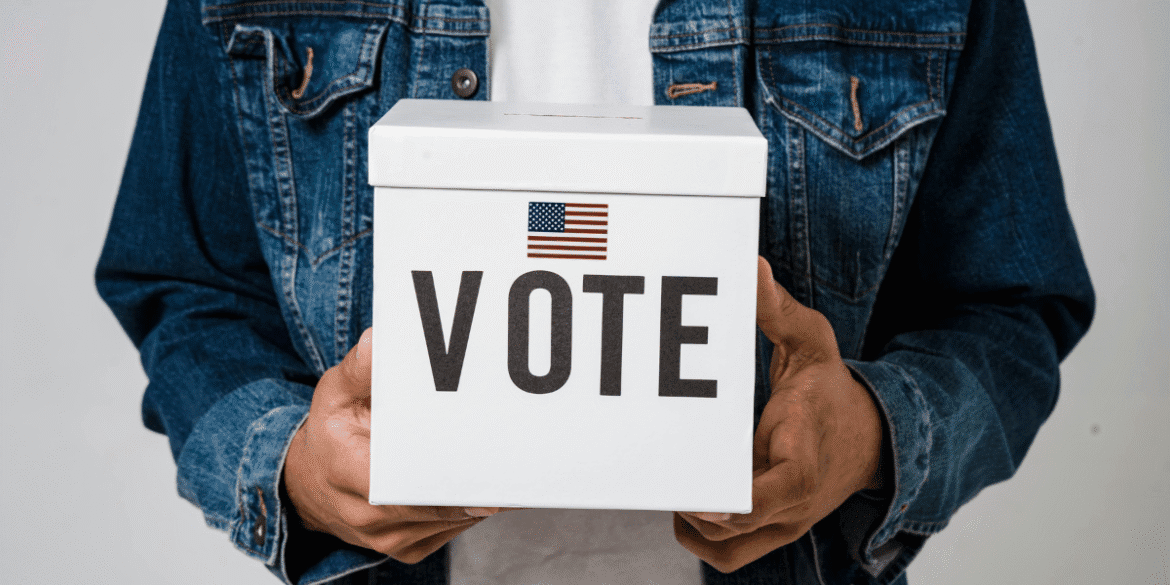As the 2024 presidential election looms large, a pivotal issue continues to stir debate: election integrity. In September 2023, Republican leaders intensified their calls for reforms aimed at bolstering voter confidence in the system. Among the most vocal advocates for election reform were Texas Governor Greg Abbott and Arizona Governor Kari Lake, who took prominent roles in pushing for new measures they argued would ensure transparency and security at the polls.
For many Republicans, the priority has been clear: to restore faith in an electoral process that they argue has been compromised by fraud, mishandling, and inefficiencies. Central to their proposed reforms are policies like voter ID laws, expanded election audits, and restrictions on mail-in voting, which they assert are necessary steps to prevent election tampering and promote fairness.
Restoring Trust: The Republican Perspective on Election Reform
Republicans across the country have been increasingly vocal about their belief that electoral integrity is under threat. Governor Abbott, speaking at various rallies and political forums, emphasized that the 2020 election raised serious questions about election security, leading many voters to question whether their votes were accurately counted. He and other GOP leaders insist that voter ID laws, which require individuals to present identification at polling places, are a reasonable and effective way to prevent voter fraud.
Additionally, Republicans argue for expanded election audits — a move that has sparked controversy, especially in states where audits were previously conducted and found to be unnecessary or excessive. Proponents of these audits claim that they provide an extra layer of transparency and help address lingering concerns about potential irregularities.
Another key component of the Republican stance on election integrity involves restricting mail-in voting. While mail-in voting is legally permissible in many states, GOP leaders assert that it opens the door to fraud and manipulation. As a result, they advocate for stricter regulations around absentee voting, including limits on who can vote by mail and requirements for verifiable identification.
The Democrat Response: Defending Voter Rights
While Republicans frame these proposals as necessary to safeguard free and fair elections, Democrats have been quick to push back, accusing their counterparts of undermining the right to vote. They argue that many of the proposed reforms, such as stricter voter ID requirements and limitations on mail-in voting, disproportionately affect marginalized communities, including racial minorities, the elderly, and people with disabilities.
Democrats contend that these measures make it more difficult for people to participate in the democratic process, and they often emphasize that the 2020 election was one of the most secure in U.S. history. Multiple audits, recounts, and court rulings upheld the results, yet Republicans continue to call for even more stringent measures.
A Divided Landscape
As the 2024 election season heats up, the debate over election integrity will likely become even more polarized. Republicans and Democrats alike are staking their claims to the mantle of electoral reform, each presenting their policies as the key to preserving democracy. Yet, the underlying question remains: How can we restore and maintain the trust of voters in an election system that has become increasingly fraught with division?
The partisan divide over election reforms is unlikely to resolve anytime soon, and the issue of voter confidence will continue to be a central talking point heading into the 2024 election cycle. Ultimately, the effectiveness of any reforms will depend not just on the policies themselves, but on the public’s perception of their fairness and necessity.
Conclusion: Striving for a More Transparent Electoral Process
With election season on the horizon, the fight for election integrity is far from over. While Republicans push for reforms to secure the voting process, Democrats remain concerned about the impact these measures could have on voter participation. As the nation moves closer to November 2024, the need for a transparent, secure, and accessible electoral process will remain a key issue that will shape both the political discourse and the future of American democracy.
For now, the struggle for voter confidence continues — a battle between safeguarding elections and ensuring that every voice is heard. The road ahead will likely be contentious, but both parties must find common ground if they are to restore the faith of the American people in their electoral system.

